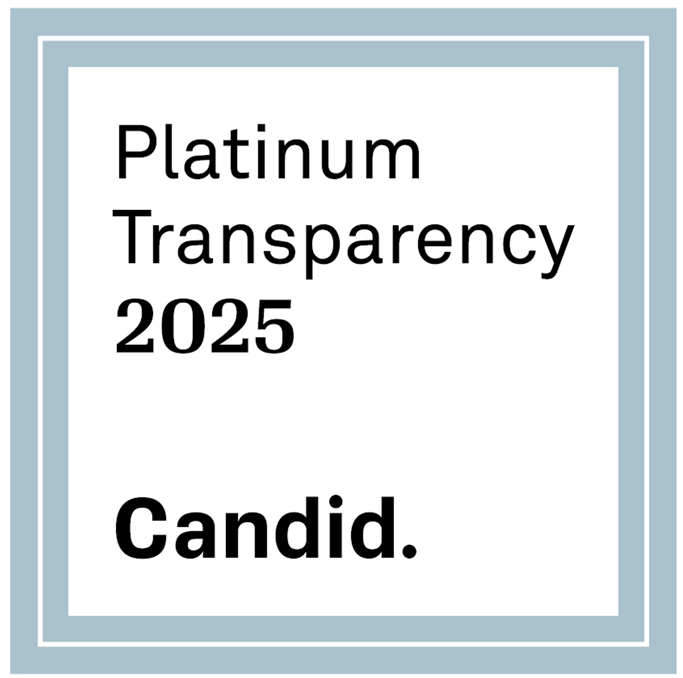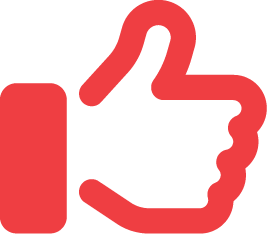 It was a slow afternoon at Check Center, the check casher/payday lender in a storefront on a busy corner in downtown Berkeley, Calif., where I worked as a teller. My manager, Joe, and I were both dressed in red polo shirts embroidered with the Check Center logo. Joe took advantage of the lull to tell me how to sell prepaid cards — reloadable cash cards that operate like debit cards but aren’t linked to a bank account — to customers.
It was a slow afternoon at Check Center, the check casher/payday lender in a storefront on a busy corner in downtown Berkeley, Calif., where I worked as a teller. My manager, Joe, and I were both dressed in red polo shirts embroidered with the Check Center logo. Joe took advantage of the lull to tell me how to sell prepaid cards — reloadable cash cards that operate like debit cards but aren’t linked to a bank account — to customers.
“If they’re using the card to pay a bunch of bills, and they’re paying a buck or two a pop, they’d be better off getting the monthly plan for $9.95,” he said. Many prepaid cards charge users a fee every time they load money onto their cards or use the card to pay for something.
“Why wouldn’t they just use a checking account?” I asked.
“Less hassle, no overdraft fees,” he explained. He opened his wallet. “Me, I’ve got three prepaid cards — one for buying stuff and paying bills. One for saving. And one for my music business.”
I’m actually a professor of urban policy at the New School in New York. I went to work at Check Center, and before that at RiteCheck in the South Bronx (both small, family-run chains), to understand why so many people are using check cashers and payday lenders, prepaid cards, and lending and savings circles instead of banks.
According to a new Federal Deposit Insurance Corporation report released on Wednesday, 25 million Americans were unbanked in 2013 — they had no bank account at all. Another 68 million are “underbanked”: they have bank accounts but also rely on these sorts of alternative financial services. Meanwhile, policy makers continue to insist that we all need bank accounts. They maintain that banks are safer and less costly than the alternatives, and that a bank account signifies stability.
They have a point: It’s difficult to build a credit score if you don’t have a bank account and credit card, and credit scores now affect one’s ability to rent an apartment or get a job. Saving informally is riskier than saving in a bank.
Read the rest at NYTimes.com




Follow Us